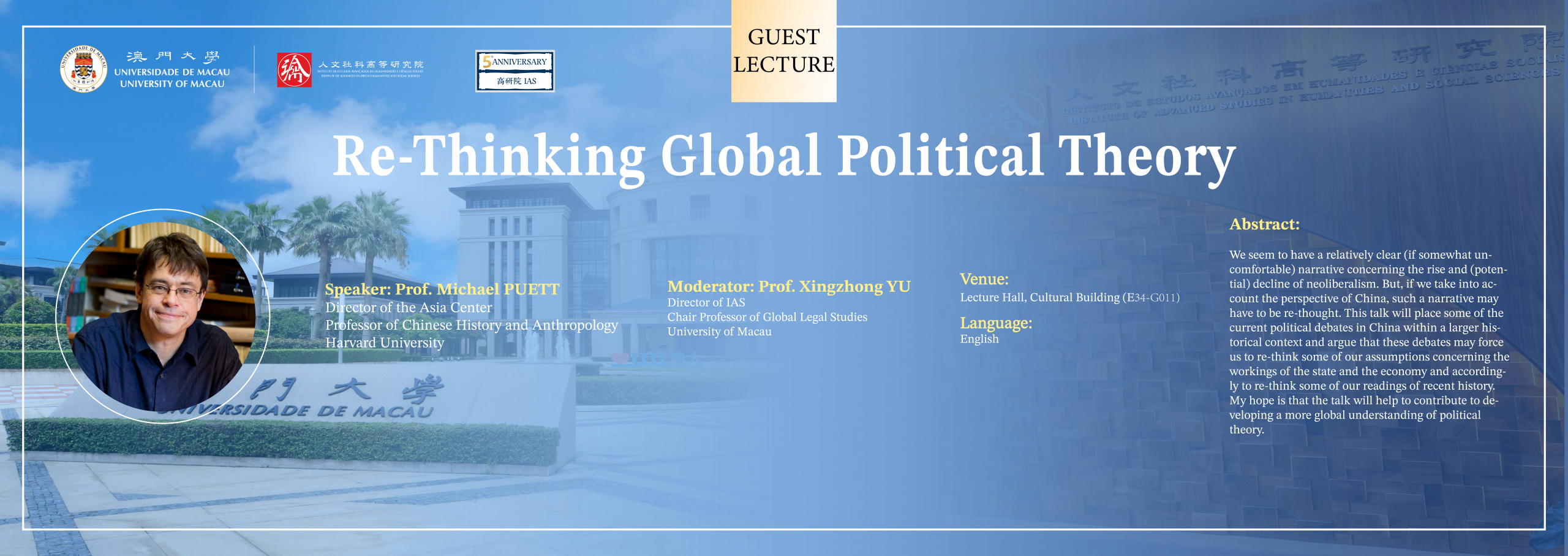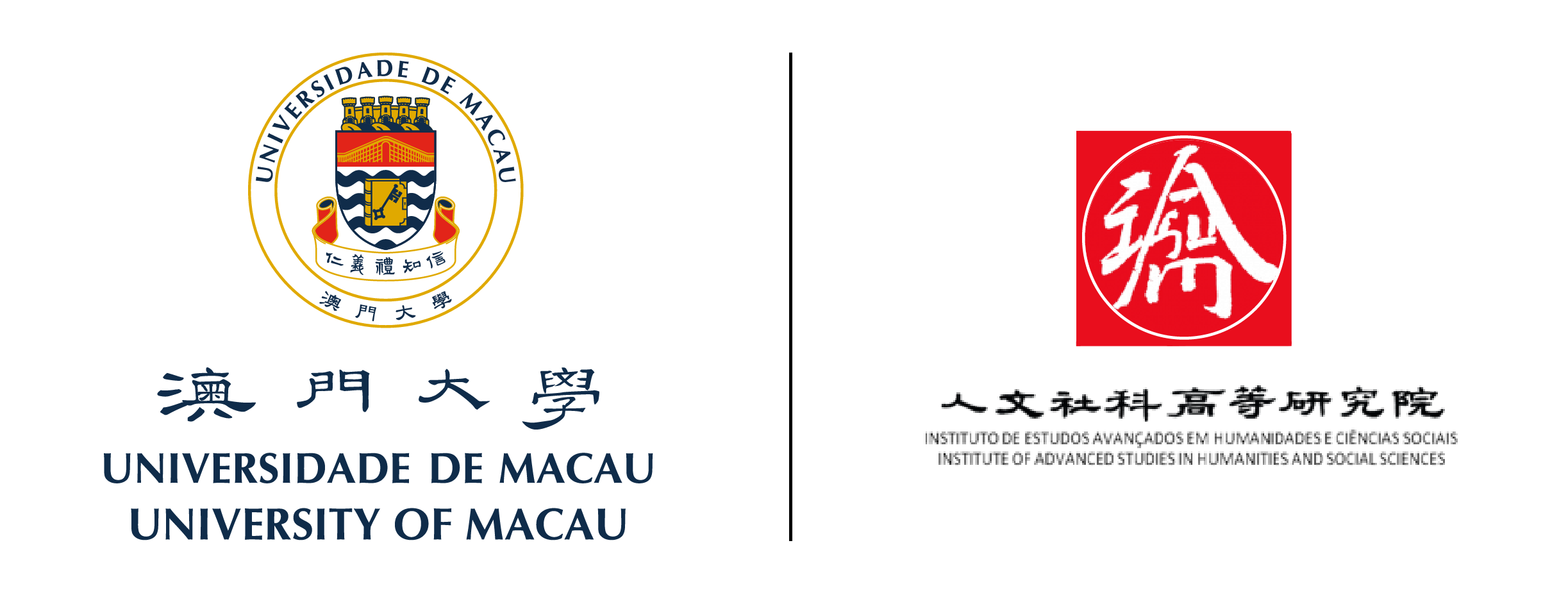
On January 16, Guest Lecture on the topic of “Re-Thinking Global Political Theory” was successfully held, organized by the Institute of Advanced Studies in Humanities and Social Sciences (IAS). The speaker, Professor Michael Puett, Professor of Chinese History and Anthropology and Director of the Asia Center at Harvard University, delved into the impact of neoliberalism on the global economy and positioned China’s political debates within a larger historical context to foster a more global understanding of political theory. Professor Xingzhong Yu, Director of IAS and Chair Professor of the Department of Global Legal Studies of FLL, was invited to moderate the talk.
In his address, Professor Michael Puett highlighted that while neoliberalism presents a relatively clear narrative globally, this narrative might need rethinking from a Chinese perspective. He traced the historical evolution of neoliberal policies, particularly their resurgence during the 1970s stagflation in the U.S., emphasizing how these theories influenced leaders like Margaret Thatcher and Ronald Reagan, leading to the dismantling of welfare states and public institutions.
Additionally, Professor Yu emphasized the complexities of integrating Western neoliberal ideas into China’s unique context, particularly how to balance rational choice theory and emotional decision-making. He encouraged the audience to consider how evaluating interest maximization is often emotionally charged yet can still be deemed rational within China’s ideological framework.
During the Q&A session, the audience engaged actively on the influence of global governance systems on national economic policy sovereignty. Professor Michael Puett pointed out that nations signing onto such agreements often cede economic policy sovereignty, leading to increased wealth concentration and inequality. He called for a radical reevaluation of existing economic and administrative frameworks to address contemporary global challenges effectively.
In conclusion, the lecture not only provided an in-depth analysis of neoliberalism but also prompted attendees to reflect on how to re-examine political theory in the context of globalization. This event undoubtedly offered rich intellectual insights and sparked deeper considerations for future economic policies and governance models.







